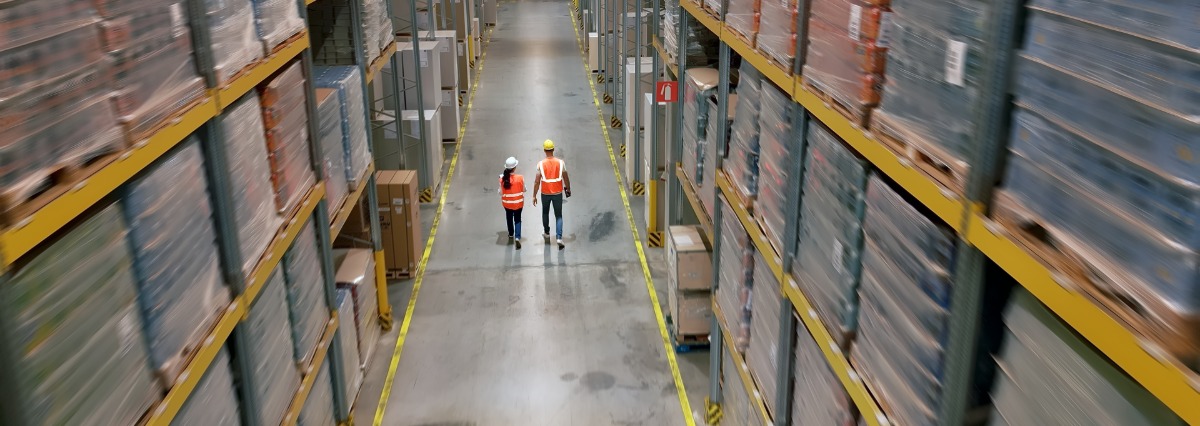
Eurozone: The manufacturing sector to remain in recession
The Eurozone manufacturing production is expected to continue to fall until late summer (-3% y/y in Q3, after -0.5% y/y in April 2019) on the back of unusually high levels of stocks accumulated by the companies. The manufacturing PMI has been in contractionary territory since February (47.6 in June, a level similar to 2012). Germany (45.0) posted the lowest PMI in June. The Eurozone stocks-to-orders ratio increased further in June, signaling demand, notably external demand, continued to disappoint expectations. New export orders assessed by companies in the Eurozone fell further to similarly low levels as seen in 2015. Employment prospects in the manufacturing sector continued to deteriorate across most European countries. However, non-tradeable sectors still showed resilience. The services PMI increased marginally to 53.6 in June. Overall, we expect Eurozone GDP growth at +1.2% in 2019 but downside risks prevail from a possible escalation in trade tensions between the U.S. and the EU, notably in terms of import tariffs on cars. This would cut Eurozone GDP growth by -0.3pp per year.














